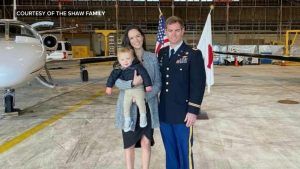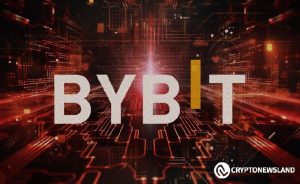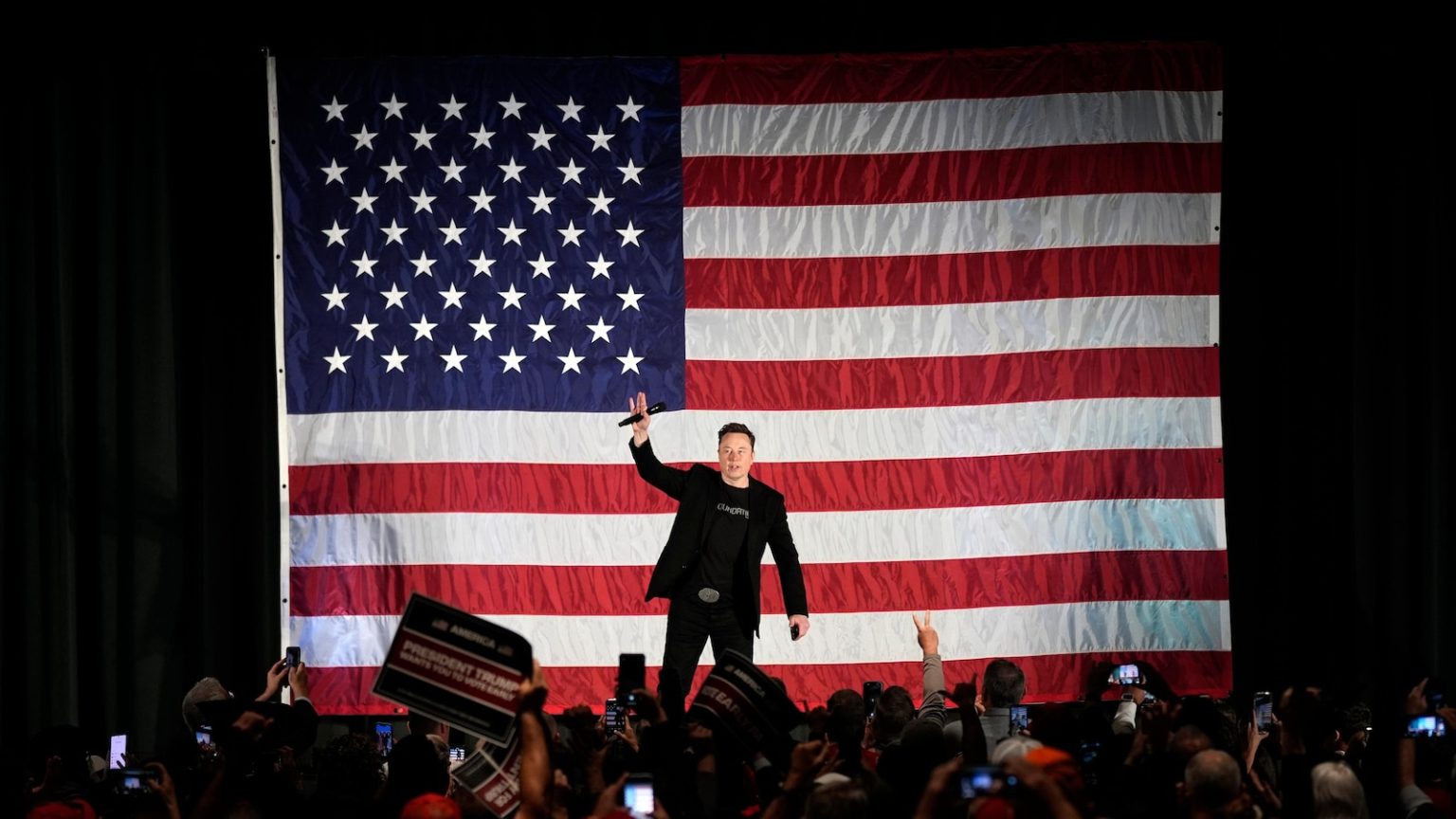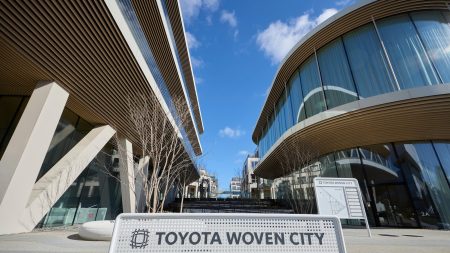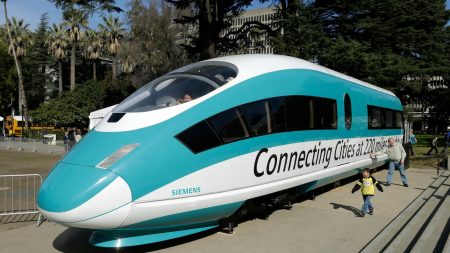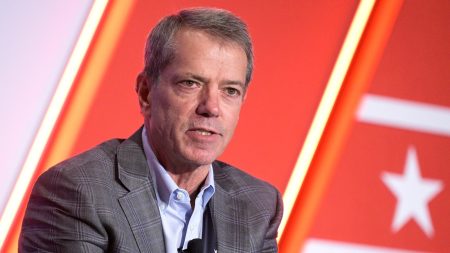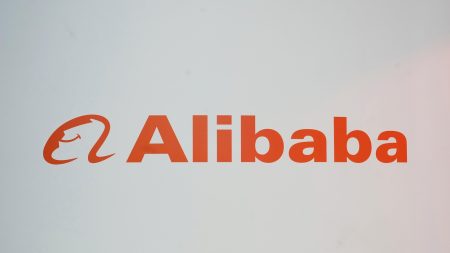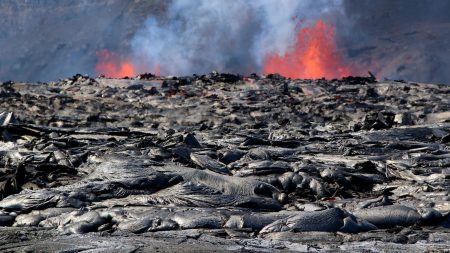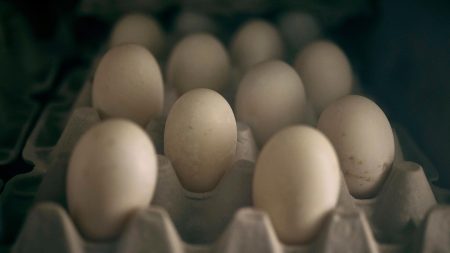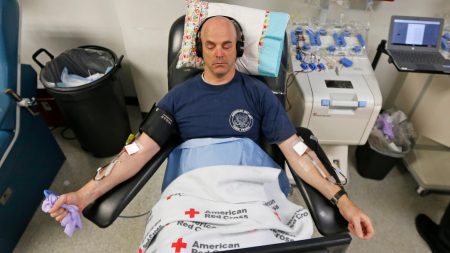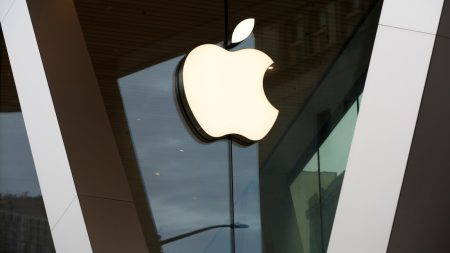Elon Musk and Donald Trump: A Powerful Alliance with Far-Reaching Implications
Elon Musk, the billionaire CEO of Tesla, has long been a vocal critic of U.S. government regulations, particularly those impacting his electric car company and its pursuit of autonomous vehicle technology. Musk has repeatedly argued that federal investigations and safety programs have hindered Tesla’s progress, especially its efforts to develop and deploy self-driving cars. However, with his close relationship with President Donald Trump, many of these regulatory hurdles could soon disappear. Trump’s administration has already taken steps to dismantle federal oversight, and Musk’s influence over the government is growing rapidly. As the head of the Department of Government Efficiency (DOGE), Musk is now in a position to reshape the regulatory landscape in ways that could profoundly benefit his companies, including Tesla, SpaceX, and X.
Federal Investigations and Safety Programs in the Crosshairs
The Trump administration’s efforts to roll back federal oversight could have a direct impact on several ongoing investigations involving Tesla. Among the targets are crash investigations into Tesla’s partially automated vehicles, a Justice Department criminal probe into whether Musk and Tesla have overstated the capabilities of their self-driving technology, and a mandate requiring the company to report crash data related to Autopilot, Tesla’s advanced driver-assistance system. Safety advocates warn that stripping away these investigative powers and safety initiatives could have dire consequences, potentially leading to more fatal accidents and undermining accountability. Missy Cummings, a former senior safety adviser at the National Highway Traffic Safety Administration (NHTSA), fears that Musk could effectively dismantle the regulatory framework that has been in place to protect consumers.
The Trump administration’s assault on the federal bureaucracy has already begun, with career employees, including prosecutors and government watchdogs, being dismissed en masse. Legal scholars have called these actions unprecedented, arguing that they disrupt the balance of power in Washington and set a dangerous precedent for future administrations. While the Trump administration has not yet announced specific actions benefiting Tesla or Musk’s other companies, the ease with which federal investigations and safety programs can be terminated makes them prime targets for those seeking to weaken government oversight. Unlike other regulatory rollbacks, which could face legal challenges, these changes can be implemented quickly and with little resistance.
The Regulatory Environment and Its Impact on Tesla
Tesla is perhaps the company most directly affected by federal oversight, given the government’s authority to investigate crashes, order recalls, and mandate crash data reporting. However, the implications of the Trump administration’s actions extend beyond Tesla to other companies in Musk’s business empire, such as SpaceX and X, which are also subjects of federal investigations and have significant ties to the government through contracts and funding. For example, SpaceX has received nearly $20 billion in federal funds since 2008 to support its missions, while Tesla has received millions of dollars for vehicles provided to U.S. embassies. Musk’s close relationship with Trump, fueled by his substantial donations to the president’s campaign and his transformation of X into a pro-Trump platform, has positioned him as a key player in shaping the administration’s regulatory agenda.
The potential consequences of this alliance are far-reaching. Safety advocates point to the critical role federal investigations have played in uncovering defects and pushing Tesla to address safety issues. For instance, NHTSA’s investigations into Tesla’s Autopilot system have led to recalls and software updates aimed at improving safety. Without these oversight mechanisms, critics fear that Tesla may evade accountability for its failures, leading to more tragic accidents like the death of 22-year-old Naibel Benavides Leon, who was killed when a Tesla on Autopilot struck her and her boyfriend. Her family has called for continued federal oversight, arguing that Tesla’s technology must be held to the same standards as other automotive systems.
The Future of Autonomous Vehicle Regulation
While many of the changes sought by Musk could be implemented quickly, there is one long-term goal that could reshape the autonomous vehicle industry for decades: the creation of federal regulations governing self-driving cars. Currently, nearly 30 states have their own rules, but there is no comprehensive federal framework. Musk has expressed support for a federal approval process for autonomous vehicles, a stance that aligns with his desire to streamline regulatory hurdles. However, experts caution that without robust oversight, the rush to deploy self-driving technology could lead to more accidents and erode public trust. Bryant Walker Smith, a leading expert on automated driving, argues that Musk’s claims of being held back by the federal government are misleading. The real issue, Smith contends, is that Tesla’s technology has not lived up to its promises.
The Broader Implications of Deregulation
The consequences of the Trump administration’s deregulatory efforts extend beyond Tesla and the automotive industry. The federal government’s ability to investigate and hold companies accountable is a cornerstone of consumer protection. Without these safeguards, critics warn that companies like Tesla may prioritize profits over safety, leaving consumers vulnerable to dangerous products. The case of Naibel Benavides Leon serves as a stark reminder of the human cost of regulatory failures. Her family’s lawsuit against Tesla underscores the importance of federal investigations in uncovering defects and ensuring accountability. If these investigative powers are stripped away, the burden of holding companies accountable will fall entirely on the civil justice system, which is often a daunting and costly path for victims and their families.
Conclusion: A New Era of Corporate Influence
Elon Musk’s alliance with Donald Trump marks the beginning of a new era in corporate influence over government regulation. With Musk at the helm of DOGE and Trump’s administration actively dismantling federal oversight, the landscape for companies like Tesla has never been more favorable. While this may boost Musk’s business empire in the short term, the long-term consequences for public safety and accountability remain uncertain. As the federal government’s role in regulating autonomous vehicles and investigating crashes diminishes, the question looms: Who will hold companies like Tesla accountable for their failures? The answer may lie in the courts, but without federal oversight, the road to justice could become even more treacherous.
